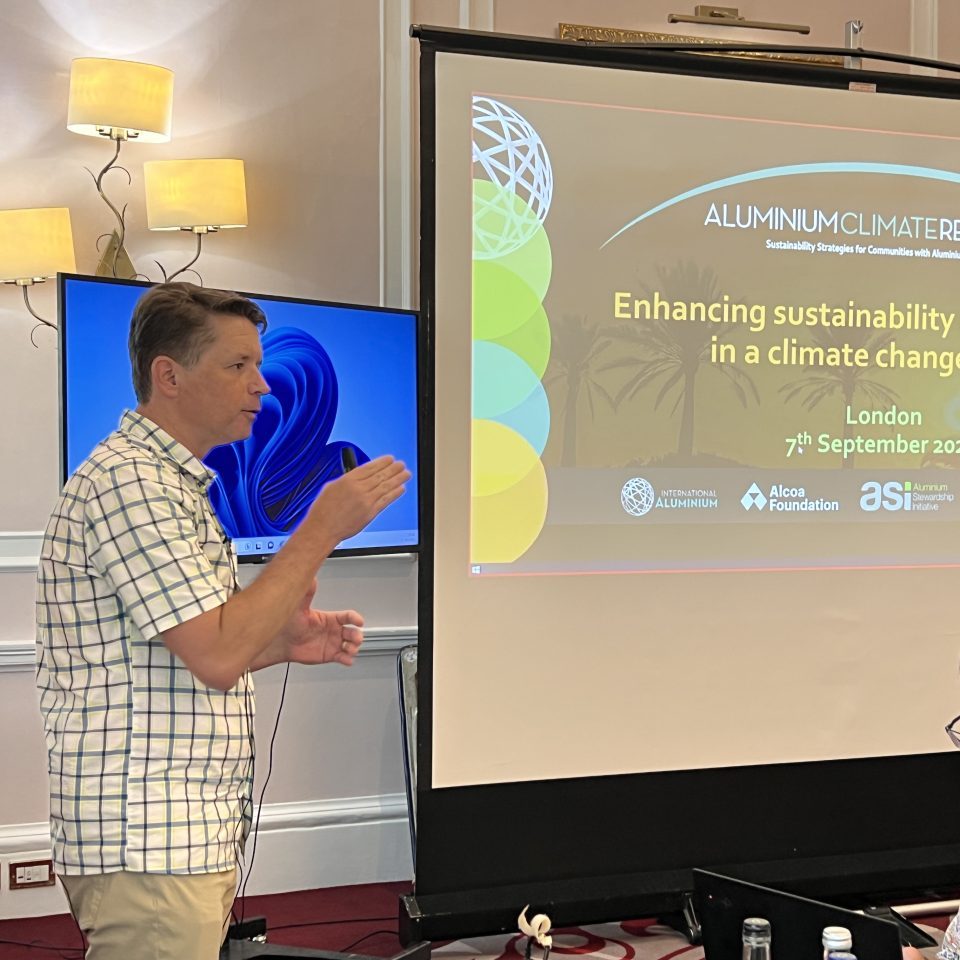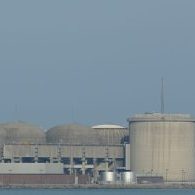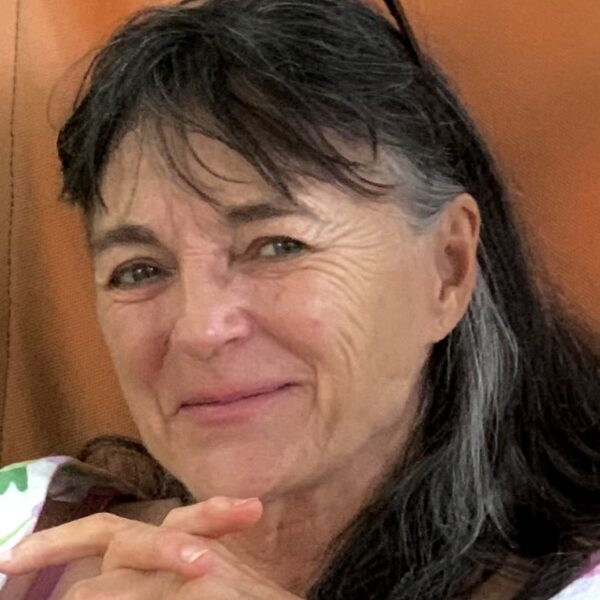
Greg Paoli
CEO, Principal Risk Scientist
Joined RSI in 2006
- Has provided risk assessment services worldwide for 30 years
- Past Chair of the Food and Water Risk Assessment Specialty Group of the SRA
- Served on multiple U.S. National Academy of Sciences Committees
- Expert in risks associated with chemical hazards
- Distinguished Lectureship Award by SRA and Sigma Xi
Greg Paoli is the CEO and Principal Risk Scientist at Risk Sciences International (RSI), a firm he co-founded in 2006 following the integration of his earlier consultancy, Decisionalysis Risk Consultants, with the consulting activities of the McLaughlin Centre for Population Health Risk Assessment at the University of Ottawa. Over nearly two decades, Greg has helped shape RSI into a globally respected hub for advanced risk science, known for its multi-sector work in public health, food safety, chemical safety, emergency management, and regulatory systems transformation.
Since becoming CEO in 2023, Greg has focused RSI’s strategic direction on enabling organizations to make better, evidence-informed decisions under conditions of uncertainty. He leads RSI’s efforts to embed risk-based thinking into regulatory systems—from improving inspection resource allocation to defining what it means to be a “risk-based” organization. His work increasingly centers on helping organizations build internal capacity for risk analysis, including the development of enabling tools and frameworks that allow clients to conduct robust, repeatable, and transparent risk assessments.
A hallmark of Greg’s leadership has been the application of risk science to system-wide challenges. He has worked with organizations such as Public Safety Canada and Defence Research and Development Canada (DRDC) to develop and apply the All-Hazards Risk Assessment Methodology for whole-of-government emergency management. He has also partnered with the Canadian Conservation Institute to apply risk frameworks to the preservation of cultural property—addressing threats ranging from light exposure and humidity to toxic inks.
Greg’s long-standing expertise in chemical and food safety has led to significant contributions to international regulatory practice. He co-developed FDA-iRISK, a globally recognized risk modeling platform for the U.S. Food and Drug Administration that supports quantitative risk assessments across microbiological, chemical, allergenic, and nutritional hazards. The platform—developed with RSI colleagues and FDA collaborators—was a finalist for the U.S. Department of Health and Human Services’ HHSInnovates award.
Greg continues to engage with regulators and industry leaders in building risk-based frameworks tailored to complex mandates. His work has shaped decision-making processes for national blood safety (with the Alliance of Blood Operators), engineered devices and infrastructure (elevators, pressure systems, pipelines), environmental enforcement (including greenhouse gas and toxic emissions), and all modes of transportation (via Transport Canada). He also contributed to the University of Pennsylvania Law School’s Best-in-Class Regulator project, co-authoring a paper defining the analytical capabilities of top-tier regulators.
Greg’s recent publications with collaborators such as Dr. Weihsueh Chiu (Texas A&M) continue to advance the state of the science in probabilistic dose–response modeling, comparative exposure assessment, and chemical alternatives analysis. His influence has been foundational in moving global regulatory systems from deterministic models toward more flexible, transparent, and quantitative risk-based approaches.
Pre-RSI
Greg’s journey into risk science began with a strong technical foundation: a BASc in Electrical and Computer Engineering and an MASc in Systems Design Engineering, both from the University of Waterloo. His Master’s thesis applied machine intelligence and pattern recognition to electromyographic data, helping clinical neurologists better diagnose neuromuscular diseases—an early demonstration of his affinity for combining systems thinking with real-world health challenges.
Following his graduate studies, Greg joined the University of Waterloo’s Institute for Risk Research as Research Manager. There, he participated in a broad array of projects: from climate change impacts on permafrost to safety systems in nuclear power plants, and from dioxin exposures in Hutterite communities to Bayesian methods for assessing carcinogenicity. He also edited and co-authored the book Climate Change, Uncertainty and Decision-making, marking one of his earliest contributions to interdisciplinary risk communication.
His practical risk work gained momentum through collaborations with Agriculture and Agri-Food Canada during Canada’s adoption of the WTO’s Sanitary and Phytosanitary Measures Agreement. These formative experiences introduced him to global food safety regulations and launched a long-standing international presence as a trainer and practitioner in risk assessment, including early work in Australia and the United States.
In 1997, Greg relocated to Ottawa and founded Decisionalysis Risk Consultants, offering services to government and industry on a broad range of risk challenges. During this period, he participated in high-level international committees and expert groups, including WHO/FAO’s Joint Expert Meetings on Microbial Risk Assessment (JEMRA), and was elected Chair of the Society for Risk Analysis (SRA)’s Food and Water Risk Assessment Specialty Group.
Greg served on multiple committees of the U.S. National Academy of Sciences (NAS), including:
-
The Science and Decisions Committee (informally known as the “Silver Book” committee), where he was lead author of the chapter on the design of risk assessments.
-
The Chemical Alternatives Committee, where he led chapters on comparative exposure assessment and integration of evidence to identify safer alternatives.
-
A committee reviewing USDA’s risk assessment of E. coli O157:H7 in ground beef.
He also contributed to the development of early probabilistic models using Bayesian Networks to synthesize animal and human data on cancer risks from power-frequency electromagnetic fields—an innovative approach at the time.
During this phase, Greg also co-authored a chapter in In the Chamber of Risks: Understanding Risk Controversies (edited by William Leiss), examining public debates surrounding mobile phones and electromagnetic fields. This experience reinforced his ongoing commitment to integrating social science, ethics, and public perception into the practice of risk analysis.
Case studies associated with Greg Paoli
Publications associated with Greg Paoli
The Next Generation of Risk Assessment Multi-Year Study-Highlights of Findings, Applications to Risk Assessment, and Future Directions.
Recent Advances in Probabilistic Dose-Response Assessment to Inform Risk-Based Decision Making.
Database-calibrated toxicity values for human health assessment based on existing toxicology data for one thousand chemicals.
Search all publications
RSI News associated with Greg Paoli
Use of Probabilistic Exposure Models in the Assessment of Dietary Exposure to Chemicals
Value of information
RSI Helps Strengthen Food Safety Culture in Vietnam
Outside RSI
Outside of his professional life, Greg is a systems thinker with a deep appreciation for motion, metaphor, and music. A recreational runner and avid soccer player, he often finds himself sprinting alongside teammates decades younger—though he’s increasingly warming to the idea of joining an Old Timers league. He also enjoys skiing with his family in the Rockies and is contemplating a return to hockey after a brief hiatus.
Greg has been married for over two decades and is the proud father of two sons now nearing adulthood. With “empty nest” life on the horizon, he is eager to rediscover long-form travel and hobbies temporarily paused during his parenting years.
In conversation, Greg is known for his ability to clarify complexity through analogy—drawing from engineering, literature, and economics to make abstract concepts tangible. Whether in the boardroom or around a campfire, he gravitates toward discussions about decision-making under pressure and the framing of trade-offs, blending intellectual curiosity with emotional intelligence.
His outside interests often mirror his professional ethos: thoughtful, systems-aware, and grounded in the human experience of uncertainty and choice.








































